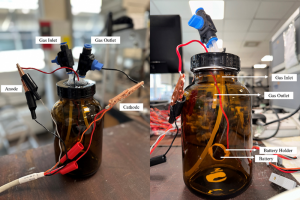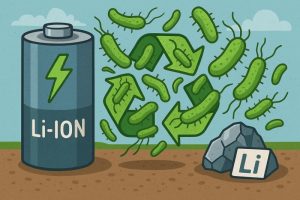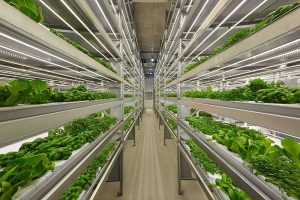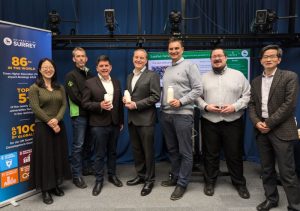Parents want their children to walk to school, but what holds them back?
Children are the power brokers that can shift parents’ habits on the school run – and could be key to making healthier, greener travel choices the norm, according to a new report from the University of Surrey. Commissioned by Surrey County Council and delivered through the University’s Institute for Sustainability Innovation Hub, the report looked at how schools across the UK and internationally are encouraging families to walk, cycle or wheel to school instead of driving.
The report’s authors found that while families are generally supportive of safer, more active travel, they’re often held back by concerns over road safety, time pressures and infrastructure. The most effective initiatives, the report argues, are those that bring together schools, local authorities, planners and families to tackle these issues head-on.
Professor Benjamin Gardner, lead-author of the report from the University of Surrey, said: “The school run is rarely straightforward. Families support safer, active travel, but if we want more children walking or cycling, we need to stop seeing this as just an issue for school staff and parents to deal with. Schemes and reward programmes can spark interest, but they won’t bring about changes to the school run unless the wider system supports change. Parents worry about safety, time and whether their child can travel independently. We need a joined-up approach. Lasting change depends on schools, councils, planners and families working together to make walking or cycling feel like the easy and safe option.”
Matt Furniss, Cabinet Member for Highways, Transport and Economic Growth at Surrey County Council, said: “We’ve commissioned this report to better understand how we can support and encourage parents, carers and children to travel to school sustainably. We’re investing £5.5m over the next five years to improve road safety to encourage more walking, cycling and wheeling so children can take safer journeys, and to reduce pollution around schools. We’re also continuing to deliver Feet First walking training and Bikeability cycling training to provide lifelong road safety skills for Surrey’s school children. We’re looking forward to working with our schools and others, to design tailored initiatives and infrastructure that will benefit children now and in the future.”
The research team reviewed travel initiatives in the UK, Europe and beyond, including Canada, Australia and Brazil. They found that even young children can play a crucial role in influencing their parents’ school run choices, especially when schools engage children through activities, lessons or competitions.
Surrey researchers conducted two focus groups with staff and caregivers at Surrey schools, analysed a range of international case studies, and reviewed both academic and grey literature. They used the COM-B model – which looks at capability, opportunity and motivation – to understand what stops or supports families from choosing active travel on the school run. The findings will help shape the Council’s new School Travel Effectiveness of Planning (STEP) tool, designed to measure what’s working – and what’s not – in encouraging active school travel across Surrey.
About the Innovation Hub
The Innovation Hub is the delivery arm of the University of Surrey’s Institute for Sustainability. It brings researchers together with local authorities, businesses and communities to co-create practical responses to real-world challenges. By supporting projects like the School Travel Plan report, the Hub helps translate research into action and strengthen partnerships that benefit both Surrey and the wider region.
To learn more about the project, read the full report at www.surrey.ac.uk/news/promoting-active-school-travel
Image: Benjamin Vautier Snow scene (Children leaving school) VA – PICRYL – Public Domain Media

















